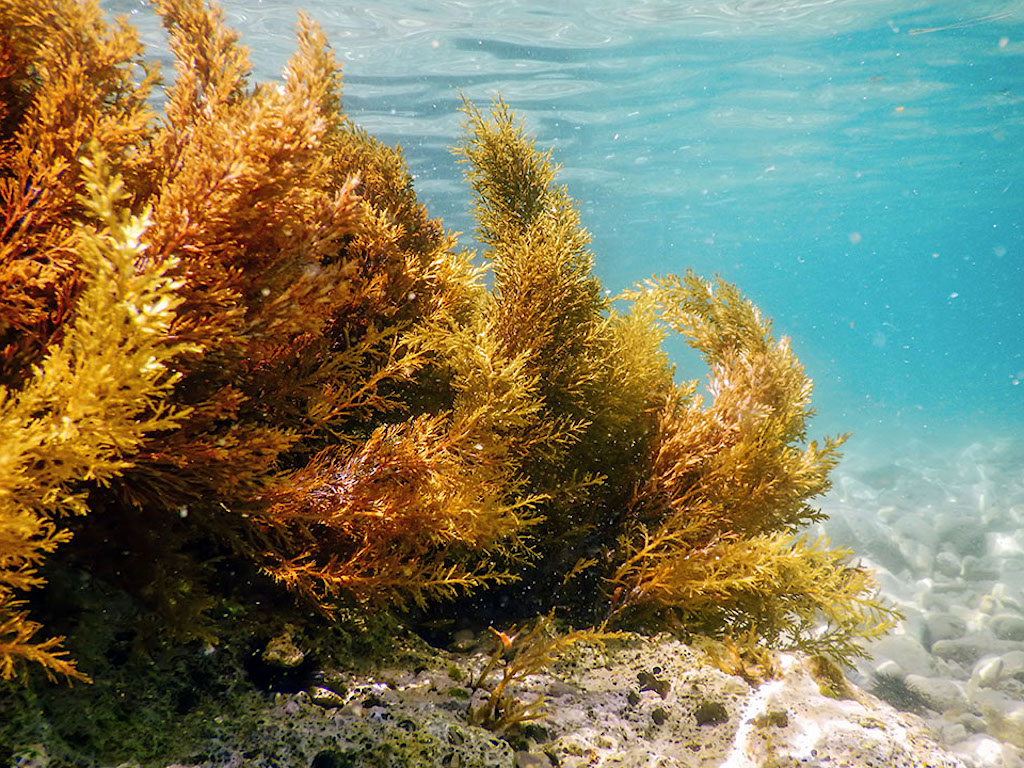4 Mins Read
India could become a major foundation for the global algal protein industry, a fast-growing sector in the sustainable protein supply chain, according to a new analysis. The report, released by the Good Food Institute India (GFI India), details the country’s unique opportunity to tap into its cohort of homegrown microalgae producers and optimal coastline environment to serve the rising demand for climate-resilient food solutions.
Algae, fungi and microbial protein sources are set to become one of the critical solutions to building a sustainable global food supply chain. While already a multibillion dollar global industry, algae protein sources are projected to bring about huge opportunities to create novel meat, egg, and dairy alternatives in the rising “third pillar” of fermentation products – and India could be one of the leading Asian powerhouses to capitalise the space, says a new report published by the nonprofit GFI India.
The analysis, which represents the first of GFI’s strategic assessment series of sustainable protein sources, focuses on the algal value protein chain, from selecting different strains and species, to extracting protein for different applications.
India can lead the way to cost-efficient, functional applications of algae in the alternative protein sector, and a new generation of delicious, nutritious, and sustainable meat, egg, dairy and seafood replacements.
GFI India

According to the research, although the algal protein industry in India is still in nascent development stages, it benefits from a number of domestic companies already working on commercial production of food-grade microalgae across various stages of the supply chain, from low-cost microalgae cultivation consultancy firm GreenBubble AlgalWorks to producers like Parry Nutraceuticals, Shaivaa AlgaeTech, NB Labs, and Brinc accelerator startup Seagrass Tech.
Microalgae and seaweeds can be a promising source of novel alternative proteins.
GFI India
India also boasts ripe environmental conditions, says the report, noting that the “geographical and climatic conditions…are also favourable for the cultivation of microalgae and seaweed”. Its 8,100 kilometres of long coastline poises the country to become a major production hub – not only for decades-long food applications like carrageenan, alginates, agar, and oils, but also for the growing number of food techs now using algal proteins to create novel alternative food solutions.
Among some of the global companies now capitalising on algae include vegan shrimp maker New Wave Foods, seaweed-based tuna and salmon startup Kuleana, and Triton Algae Innovations, who are developing algae-based ingredients like non-GMO heme for plant-based alternative meat products.

GFI also cites interest from food conglomerates including Nestlé and Unilever, who have partnered with microalgae biotechs to introduce new CPG products.
India has a unique advantage as a global bio-manufacturing hub and can be an industry leader in algae-based products with the right balance of academic research and funding.
GFI India
“The collaboration of multinational companies with biotechnology startups for developing algae-based food products, and growing number of startups creating algae based meat, seafood, egg, and dairy applications demonstrates that microalgae and seaweeds can be a promising source of novel alternative proteins,” wrote the authors of the report.
But there will be key obstacles that India must overcome to further develop the seaweed economy in the country, with GFI India researchers pointing out that more investment, research and government support must be provided to nurture growth, technological innovation and scale production.
“India has a unique advantage as a global bio-manufacturing hub and can be an industry leader in algae-based products with the right balance of academic research and funding from the government, corporate sector, and venture capital firms,” says the report.
“With the help of existing technical expertise and channeling investments in technological development and academic research across the value chain, India can lead the way to cost-efficient, functional applications of algae in the alternative protein sector, and a new generation of delicious, nutritious, and sustainable meat, egg, dairy and seafood replacements.”
Lead image courtesy of Shutterstock.




